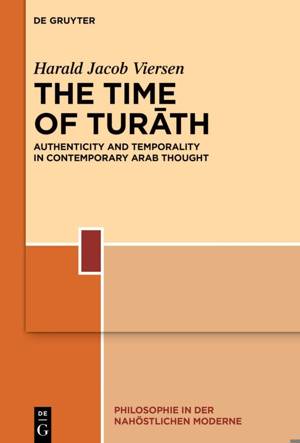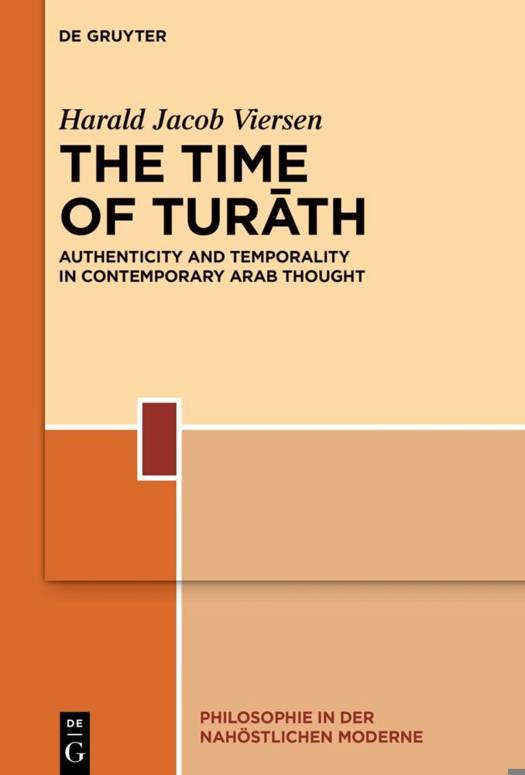
- Afhalen na 1 uur in een winkel met voorraad
- Gratis thuislevering in België vanaf € 30
- Ruim aanbod met 7 miljoen producten
- Afhalen na 1 uur in een winkel met voorraad
- Gratis thuislevering in België vanaf € 30
- Ruim aanbod met 7 miljoen producten
Omschrijving
Recent Arab intellectual debates are often described as revolving around Arab-Islamic cultural heritage (turāth) and the role that it ought to play in modern society. This debate is standardly characterized as a confrontation between traditionalists and modernists, the former idolizing an 'authentic' heritage, the latter blaming traditionalism for Arab society's inability to 'modernize'.
This study argues that this standard narrative has become overly dominant, making it impossible for different perspectives to be either voiced or heard. It calls for a critical review of how we think about contemporary Arab thought through an analysis of the progressive-linear temporal structure underlying the authenticity-modernity dichotomy. Looking in detail at three Arab intellectuals of the last fifty years - Zakī Najīb Maḥmūd, Adonis, and ʿAbd al-Raḥmān Ṭāhā - the study shows how this temporal structure underlies their thinking, but also how their efforts to break away from it build on a critique of its temporal basis. This analysis in turn enables an overhaul of the authenticity-modernity paradigm, which not only leads to a richer, critical engagement with contemporary Arab thought, but also brings out its moral dimensions.
Specificaties
Betrokkenen
- Auteur(s):
- Uitgeverij:
Inhoud
- Aantal bladzijden:
- 429
- Taal:
- Engels
- Reeks:
- Reeksnummer:
- nr. 6
Eigenschappen
- Productcode (EAN):
- 9783110995671
- Verschijningsdatum:
- 2/12/2024
- Uitvoering:
- Hardcover
- Formaat:
- Genaaid
- Afmetingen:
- 156 mm x 234 mm
- Gewicht:
- 839 g

Alleen bij Standaard Boekhandel
Beoordelingen
We publiceren alleen reviews die voldoen aan de voorwaarden voor reviews. Bekijk onze voorwaarden voor reviews.











